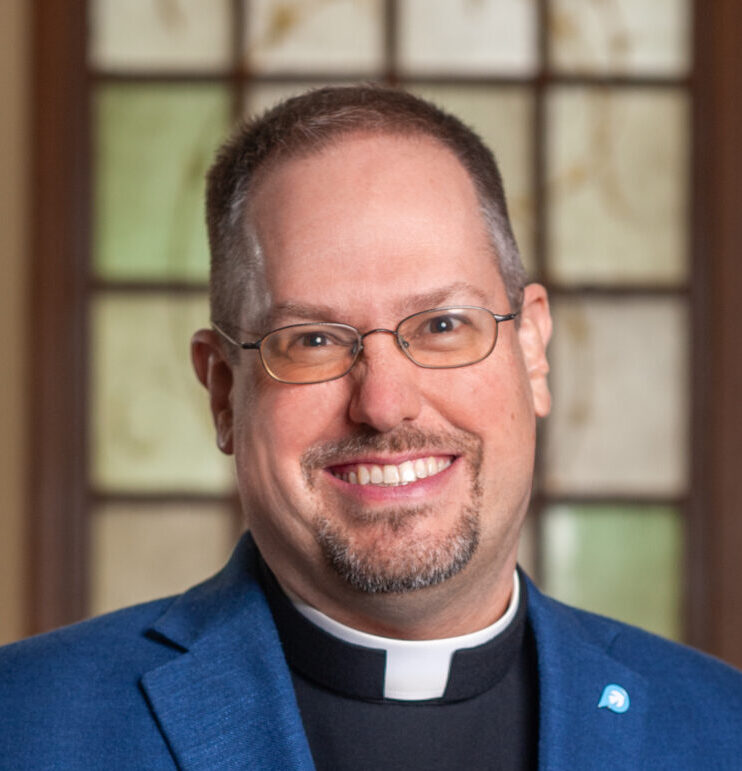12/8/2023
The Hope of Isaiah, Lived Through the Millennia
 Fr. Rich Andre, CSP
Fr. Rich Andre, CSP
December 8, 2023
 Fr. Rich Andre, CSP
Fr. Rich Andre, CSP
December 8, 2023
Isaiah is one of the most important books of the Bible in both the Jewish and Christian traditions, and we hear from Isaiah on the majority of days in the season of Advent. Most Biblical scholars believe that the 66-chapter Book of Isaiah was composed in two, or more likely three, distinct time periods:
Isaiah 1 – 39 (“First Isaiah”) is primarily a compilation of prophecies by and stories about the historical prophet Isaiah of Jerusalem, who flourished c. 760-700 BC. Isaiah was an adviser to several kings in the southern kingdom of Judah, before and after the northern kingdom of Israel was destroyed by the Assyrian Empire in 722 BC.
Isaiah 40 – 55 (“Second Isaiah”) was most likely written during the Babylonian exile, after Judah was defeated and destroyed by King Nebuchadnezzar, c. 586 BC. While the authorship of Second Isaiah—and the reason why Second Isaiah was attached to the same book as First Isaiah—is debated, there are clear connections between these chapters and the Book of Deuteronomy.
The origins of Isaiah 56 – 66 (“Third Isaiah”) are subject to debate. The majority of scholars suppose it was writtenafter the Jewish captives were allowed to return to Jerusalem by King Cyrus of Persia c. 538 BC, but perhaps before the completion of the rebuilding of the temple c. 515 BC. Whereas Second Isaiah speaks to universal themes, Third Isaiah focuses on the internal concerns of the fledgling vassal state of Judah.
Remarkably, even though the situation for the Judahite people was tenuous in all three time periods, we find passages of Advent hope in each. First Isaiah sings of the promise of Emmanuel and foresees a time when all nations will climb the mountain of God. Third Isaiah relies on the Spirit of God to sustain faith in times when our circumstances are vastly different from our expectations. And some of the most hope-filled passages of the Hebrew Bible come from Second Isaiah, the time of greatest desolation in the history of the Jewish people.
The lessons of Isaiah are numerous, but here are a few to consider today: Hope is not something to be carried alone; it is a communal virtue. No matter how dire the circumstances may be, and no matter how much it may seem as if sin has the upper hand, God is always present among us. For God to break into our world in new and exciting ways, we must cooperate with the Spirit of God as described by Third Isaiah.
We usually consider Mary’s “Yes” to God being solely an act that she carried out alone. But if we think about it another way, Mary was fulfilling the promises of Isaiah that had been passed down to her over many generations. Today, whenever we gather as a community, we too are fulfilling Isaiah’s promises. Like the people foretold in 2:2-3, we stream (or livestream) towards 5 Park Street to be instructed in God’s ways. We endeavor as in 40:4-5 to raise the valleys and lower the mountains so that all people may behold God together. Through our vibrant liturgies, we become attentive to the Spirit in 61:1 who is upon us because God has anointed us.